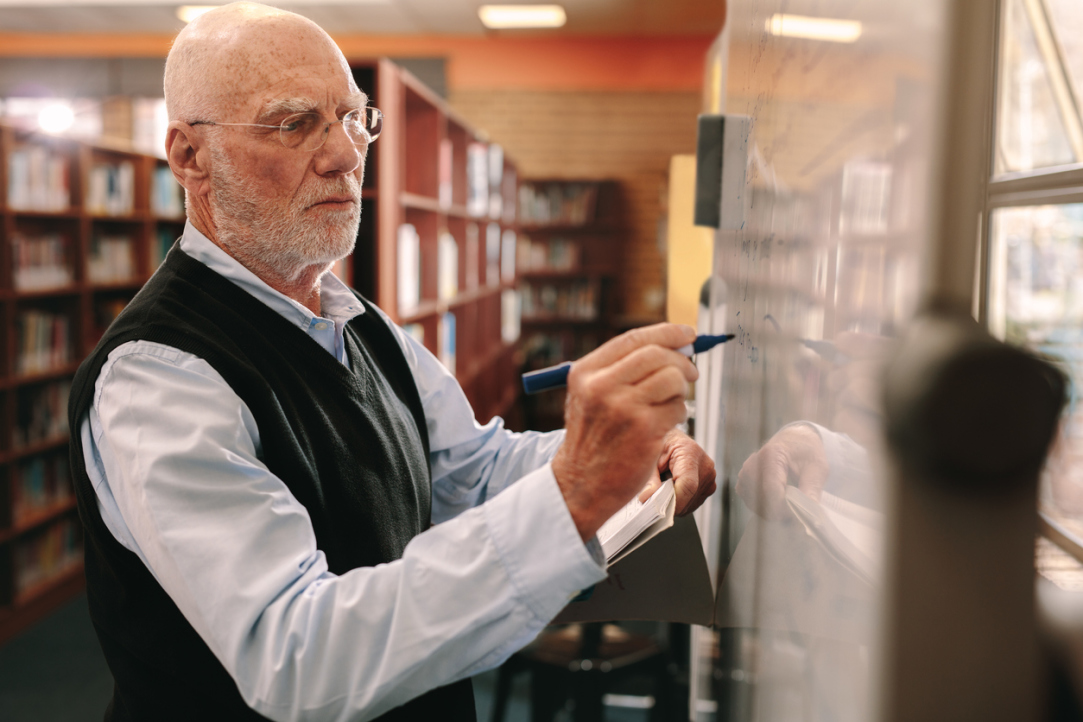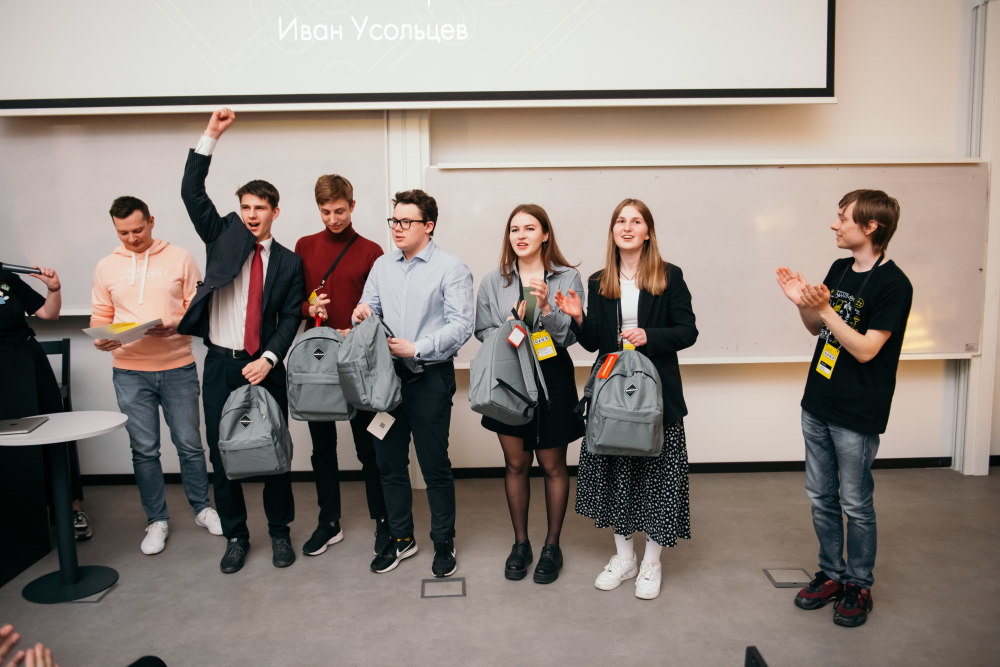
‘We Have Always Loved You, Sakhalin’: Research Expedition Studies Sociocultural Anthropology of Miners' Working Life in the USSR
Researchers from the School of Foreign Languages and the Group for Historical Research, together with students of the History programme at the HSE University campus in Perm, have come back from an expedition to Sakhalin Island, where they studied Soviet industrial culture and the working life of miners. The expedition participants shared their impressions of their ‘immersion into the past’ and the extraordinary landscapes of the island with the HSE News Service.

HSE MIEM Professor Lev Shchur Receives Prestigious International Award
Professor Lev Shchur has received the Henri Abraham Award 2022 for his services in organising science, including conducting international conferences and supporting early-career scientists. The award was established by the International Union of Pure and Applied Physics (IUPAP) in 2020, and has since been given to six researchers from various countries.

Senior Scholars’ High Achievements Rely on Strong Personality and Favourable Environment
According to researchers of the Moscow City Pedagogical University (MSPU) and HSE University Vladimir Postavnev, Irina Postavneva, Vadim Peskov and Alexey Dvoinin, certain personality traits can help older scholars stay productive and creative for a long time. The study findings are published in Acta Biomedica Scientifica.

Dialogue with Africa: How Nigeria and Russia Can Promote Mutually Beneficial Cooperation
Russia and Nigeria have good prospects for cooperation in many economic sectors—from mining, petrochemicals, agriculture, and high-tech manufacturing to education and mutual investment. The Embassy of Nigeria in Russia, together with NUIA Consulting and HSE University, has held a business briefing on ‘Entering New Markets: Nigeria—Opportunities, Prospects and Practical Experience of Russian Companies’.

Incompatible Alternatives: HSE Researchers on the Ambivalence of Power in the Twenty-first Century Economy
Ambivalence and a combination of contradictory principles are vividly manifested in the actions of government, its individual agents and institutions, as well as the everyday practices of economic subjects and citizens. The participants of the HSE Laboratory for Studies in Economic Sociology seminar discussed the book The Ambivalence of Power in the Twenty-First Century Economy: Cases from Russia and Beyond, recently published in the UK. Prepared by researchers from HSE University and foreign universities, the book focuses on the study of ambivalence in Russia and beyond.

HSE University to Host 2022 Geographical Dictation
On October 30, the HSE University Faculty of Geography and Geoinformation Technology will once again serve as a venue for the annual Geographical Dictation of the Russian Geographical Society. The dictation offers participants a chance to test their knowledge of Russian geography.

Over 7,000 Students Take Part in Data Analysis National Olympiad
Data analysis enthusiasts from different regions of Russia and 13 foreign countries recently took part in the Data Analysis National Olympiad (DANO). The results of the first round will be announced on October 20th.

Research Reveals RNA's Role in Cancer Progression
An international group of scientists and medical specialists, including HSE researchers, examined the role played by microRNA (miRNA) and long non-coding RNAs on the progression of ovarian cancer. Having analysed more than a hundred tumour samples, they found that miRNA can prevent cell mutation while long non-coding RNAs have the opposite effect of enabling such mutations. These findings can help design new drugs which act by regulating miRNA concentrations. The study was published in the International Journal of Molecular Sciences.

HSE University Hosts Syrian Delegation Led by Minister of Education
On October 11, HSE University hosted a delegation of the Syrian Arab Republic at the building on Pokrovsky Bulvar. During the meeting, they discussed education and the continuing cooperation between HSE University and Damascus University.

How to Make the Most of a Double-Degree Programme
Ekaterina Zhizhina, student of the Master's programme 'Business and Politics in Modern Asia', shared her impressions of Ca' Foscari University (Italy) and the specifics of studying on a double-degree programme.


Submission Deadline: December 20, 2025